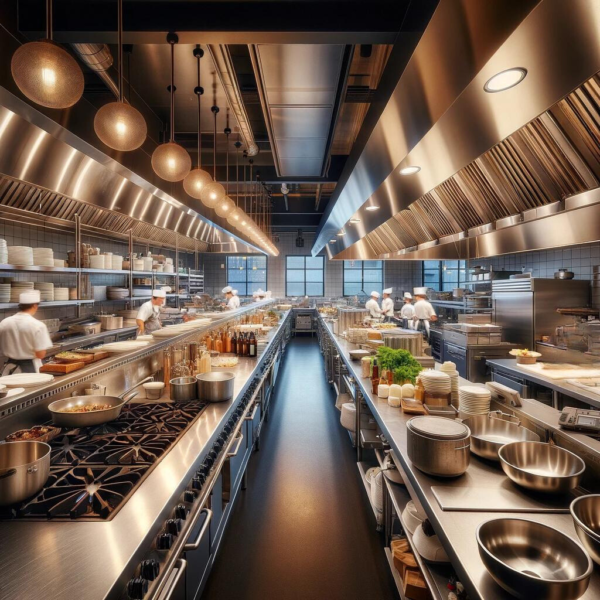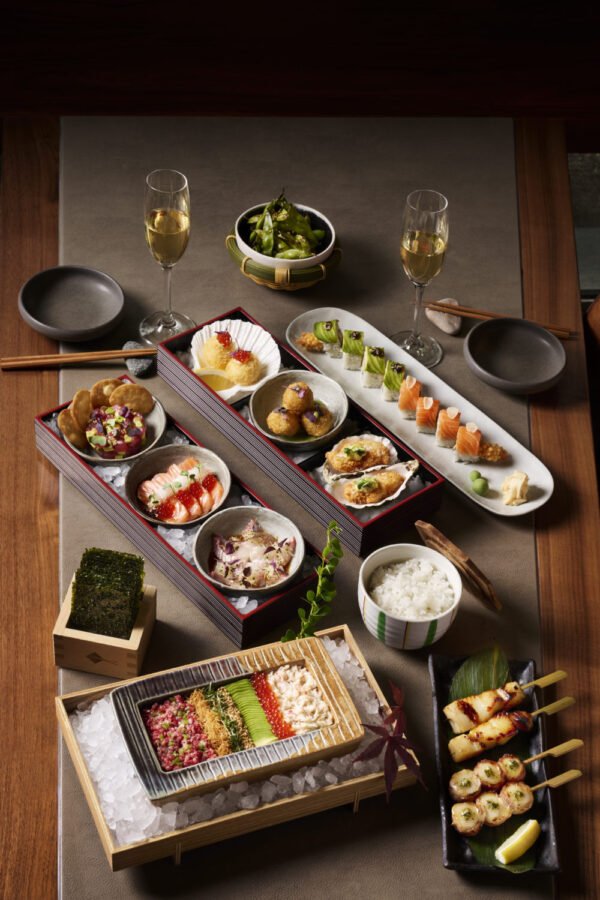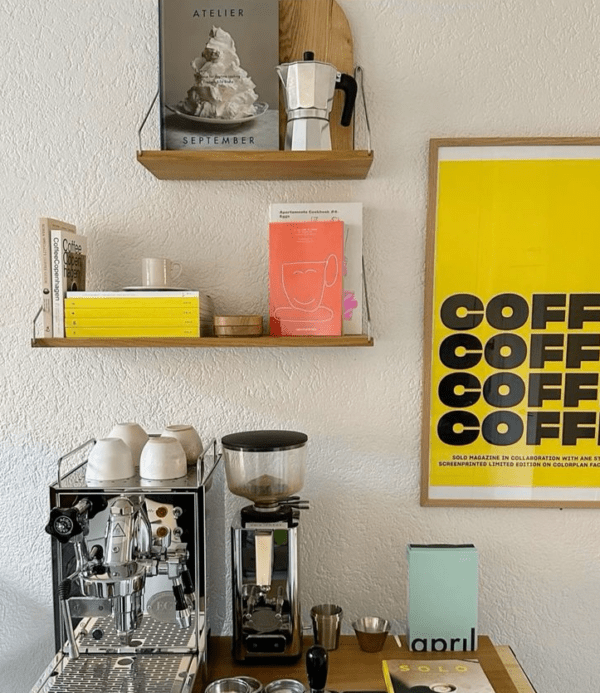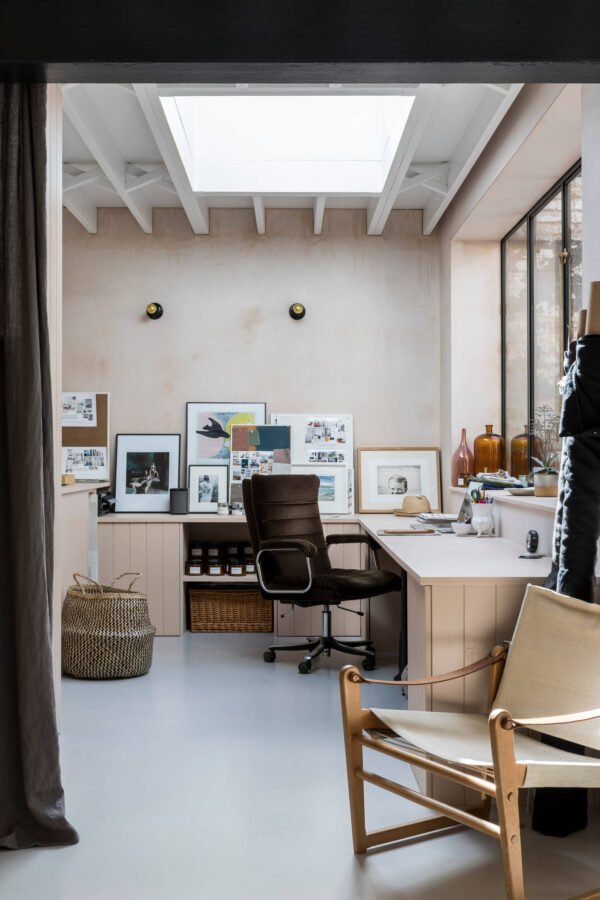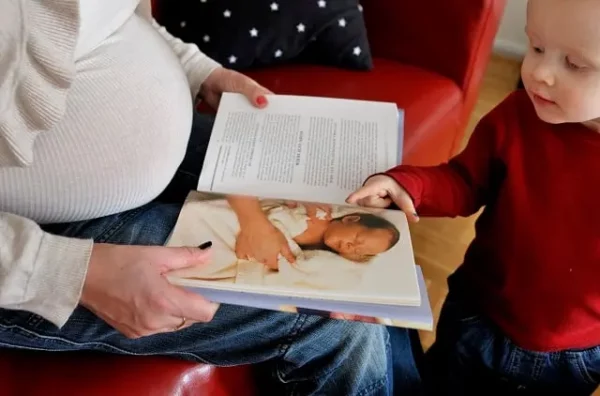
Cultural Traditions Around Pregnancy Abroad

Bringing a new baby into the world is a life-changing experience, steeped in tradition, celebration and meaning. Alongside excitement, this time can be nerve-wracking for first time parents. Add in living somewhere new or unfamiliar, and the process can feel more than a little daunting.
With social media and TikTok around us, we can look at all sorts of exciting pregnancy traditions and rituals worldwide. But, to make it easier, global healthcare specialists experts at AXA Global Healthcare have collated some of the different cultural traditions and experiences that parents-to-be could consider.
Italy
A country known for its love of pasta, wine and coffee, it’s not unusual that in Italy you’ll probably be offered a glass of wine with dinner during pregnancy. Drinking an espresso is also considered more than okay, which might be a blessing for coffee lovers during their pregnancy.
One thing’s for certain – you won’t go hungry. In Italy, an age-old superstition around cravings means that they must be fulfilled. If an expectant mother doesn’t experience any cravings though, they must take a bite from every type of food they see to ensure that all cravings are fulfilled!
China
Particular days or years are considered to be good luck in China, so many parents want their child to be born on a lucky day – so much so that people may schedule a C-section, or even put off getting pregnant during an unlucky year.
After a baby arrives, the first month is referred to as the zuo yuezi or ‘sitting month’. New mums generally won’t see friends and family, or even leave the house, to give them time to recover and bond with their baby. Some locals hire personal nurses, called yue sao, who will cook and clean during this time, while the new mother rests.
Kenya
Traditions around pregnancy and parenthood vary widely across Kenya. Broad cultural practices, though, include carrying your baby on your back and referring to mothers as ‘mama’ followed by the name of their baby. For example, if you name your baby Thomas, you’ll be referred to as ‘Mama Thomas’.
Traditionally, breastfeeding mothers will also be offered foods that are thought to boost milk production, including njahi (black-eyed peas) and uji (fermented porridge).
Singapore
Locals in Singapore often believe that anyone who is pregnant shouldn’t eat food that’s too hot or cold, as this can disrupt the regulation of the body’s temperature and impact the baby.
When you’ve just had a baby, it can be easy to become overwhelmed by a house full of people making a fuss over you and your newborn. Fortunately, in Singapore, the 30th day after the birth is known as the ‘Man Yue’ – this is when friends and family meet your baby for the first time. New mums usually rest for the initial 30 days.
The UAE
Dubai and Abu Dhabi are very popular countries for expats from all around the world. In fact, over 88% of the UAE population are expats, making the UAE a melting pot of different cultures and ways of life.
Islamic law prescribes modesty for women, but breastfeeding is also strongly encouraged, and as such most malls or large shops have nursing rooms for mothers to use. Emirati tradition dictates that newborn boys are circumcised and that newborn girls have their ears pierced. Many hospitals offer the option of circumcision and ear piercing.
Sweden
Sweden is known for the quality of its infrastructure and well-being. These perks extend to new families – did you know that anyone using a pram gets to ride the bus for free?
When it comes to lifestyle changes, alcohol isn’t seen as acceptable to drink when you’re expecting in Sweden, just like in the UK. But if you’re a coffee-lover you won’t be judged for sipping a latte while you’re pregnant.
Philippines
Childbearing and postpartum customs in the Philippines are steeped in tradition and community support. Extended family members frequently offer help and support to new parents during this phase, emphasising Filipino values of close family ties. If they live abroad, families can send money Philippines for the new parents and their newborn. One particular practice known as the “suob” ritual offers steaming therapy using medicinal herbs believed to cleanse and restore health after childbirth. Nutrition is also highly prioritised in Philippines society, and new mothers are given a special dish called “tinola” – a ginger-based soup with green papaya and malunggay leaves meant to aid lactation. Elders play an instrumental role in imparting parenting advice and helping new moms prepare a bathing ceremony that symbolises lifelong health and guidance.
Thailand
Much like in China and Singapore, new mums usually stay home and avoid any strenuous activity while recovering from childbirth. Some Thai nationals choose to live with their parents for a while before and after the birth as additional support.
Numbers are a big part of Thai culture and tradition, so don’t be surprised if doctors and nurses pay special attention to the weight of your baby, time of birth, and the day. Locals will probably ask about these numbers when they meet your little one, too!




















